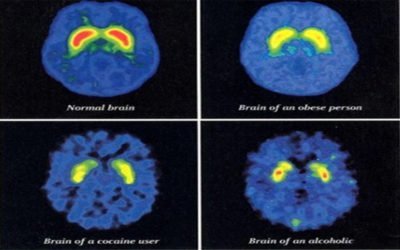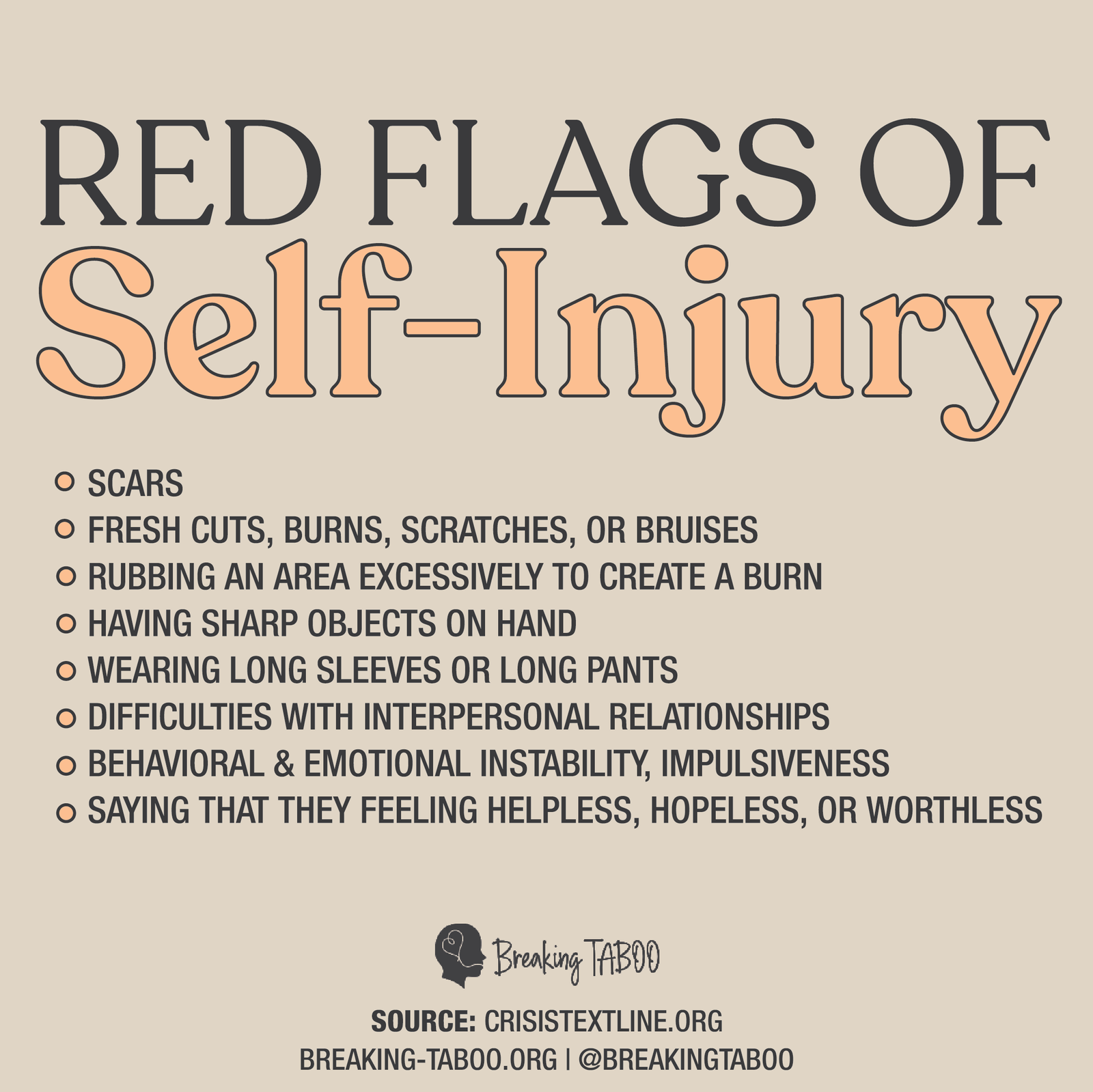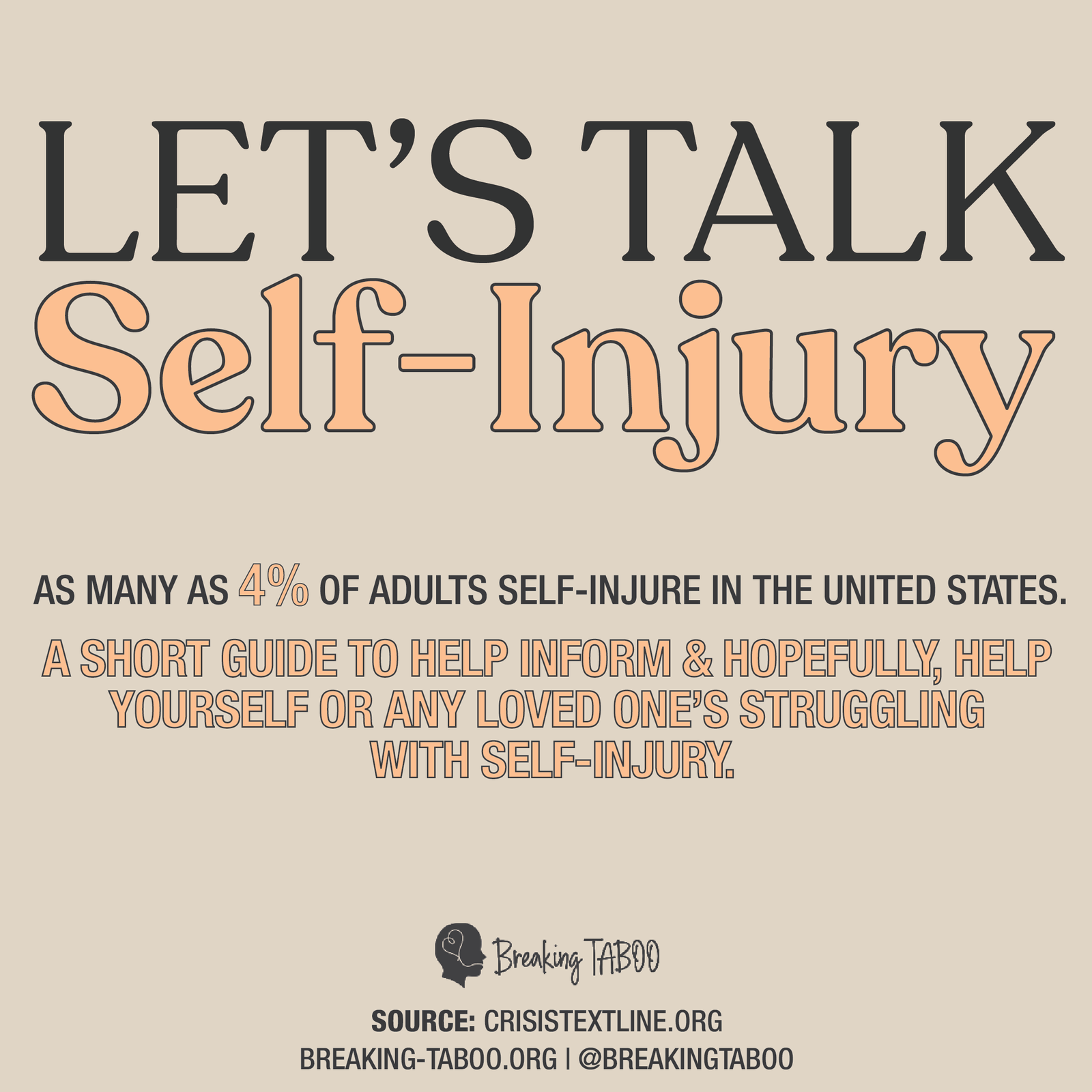ADDICTION
The Psychology of Addiction
Addiction is described as a condition in which a person engages in the use of a substance or in a behavior for which the rewarding effects provide a compelling incentive to repeatedly pursue the behavior despite detrimental consequences. An addiction can...
Everything Can Be Addictive: Part 1
Blog Title: “Addicted” Means Everything After the death of my older brother who died from overdose to guaifenesin, also known as Mucinex, I was shocked and appalled to see how many people were uneducated as to what an addiction is, including the authorities and...
Rehab, Prison, or Death: Why Rehab Doesn’t Always Work
When you think of rehab, you probably think of those lavish centers advertised on day-time television or the late and great Amy Winehouse’s single Rehab, where she testifies she’ll never go back and there’s nothing she has to gain from sitting in therapy for 10 weeks....
Which is Better? Luxury Sober Living vs Government Funded Homes
Sober living homes are used for people who want to maintain abstinence from alcohol and drugs. It can be difficult to return to a home environment that is not drug and alcohol free. Sober livings create a supportive place for recovering addicts to live during their...






